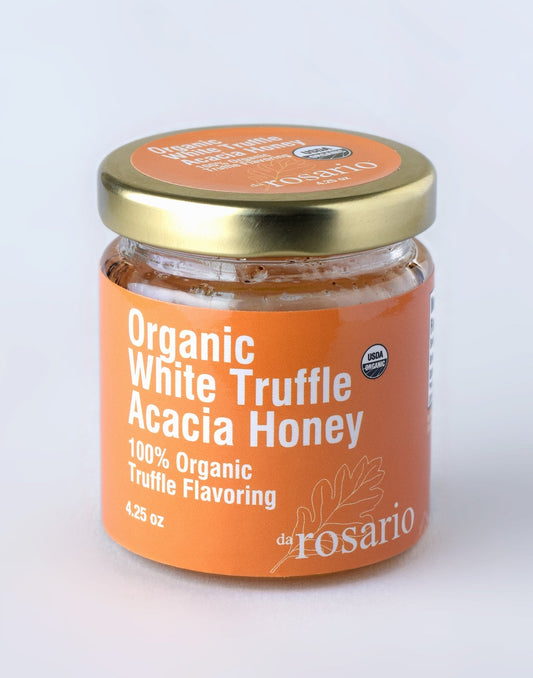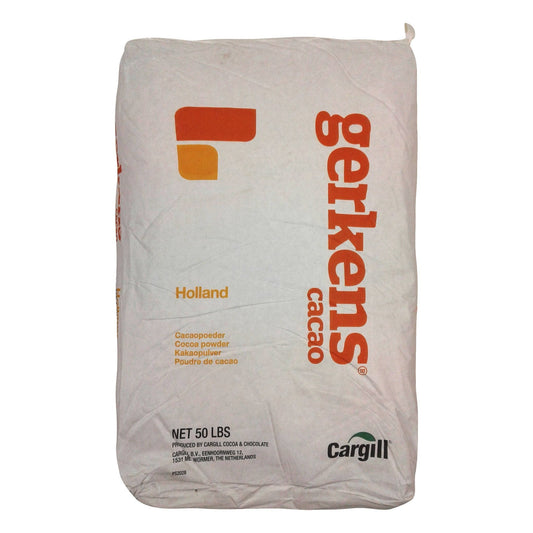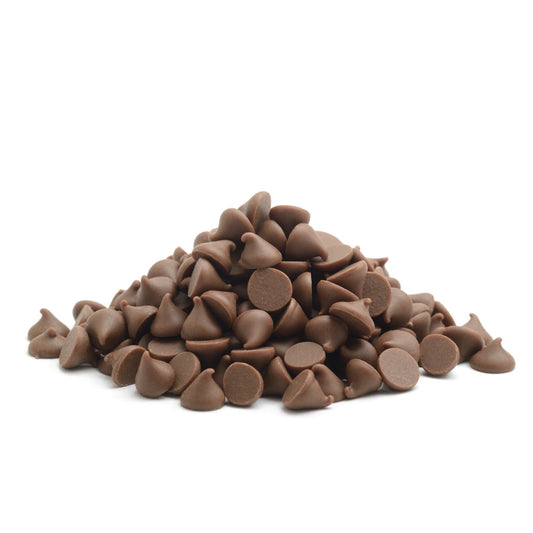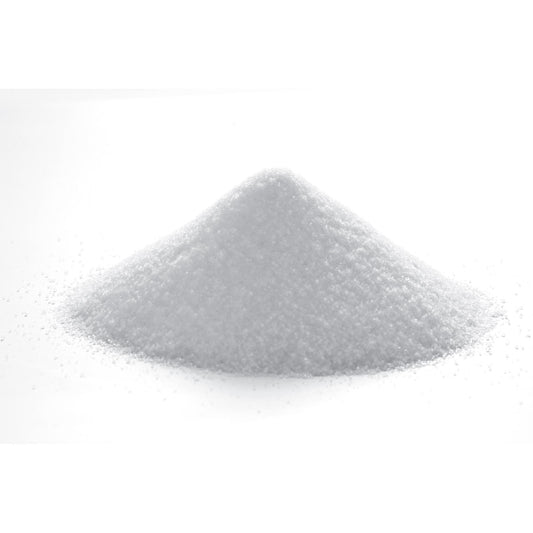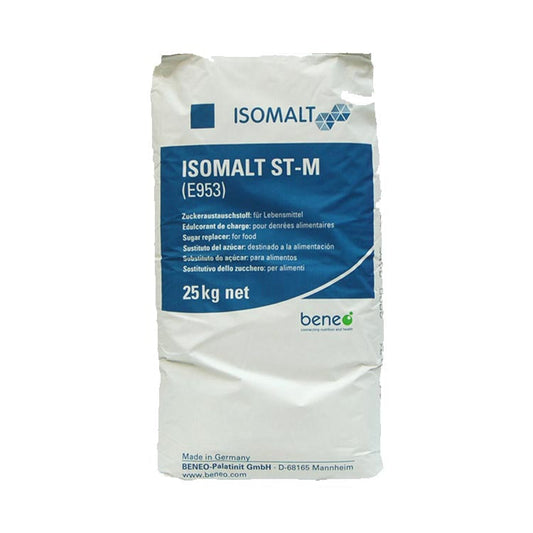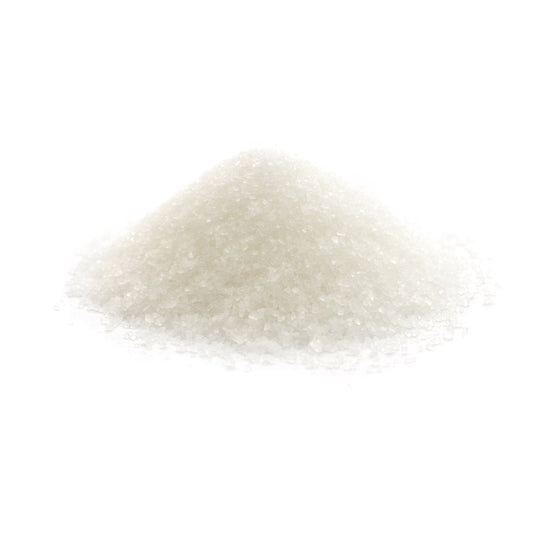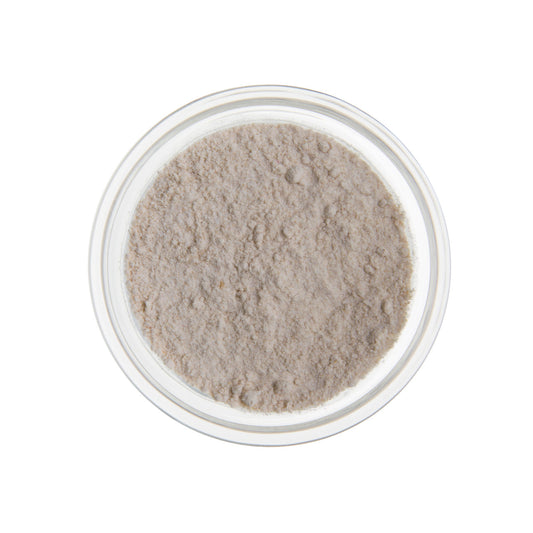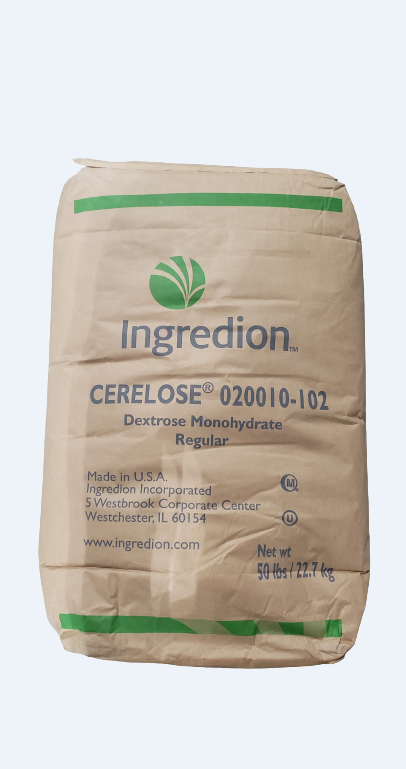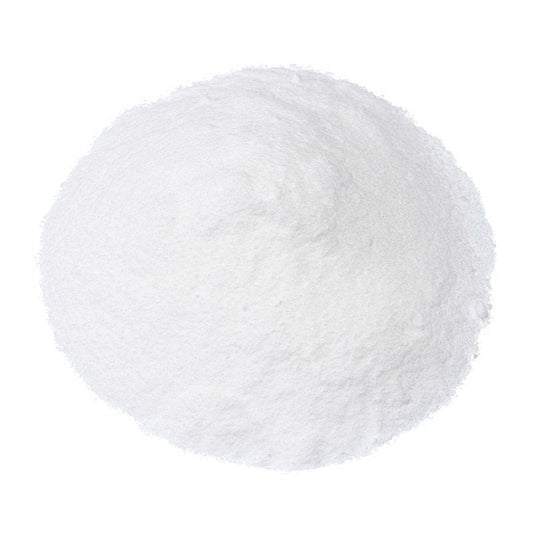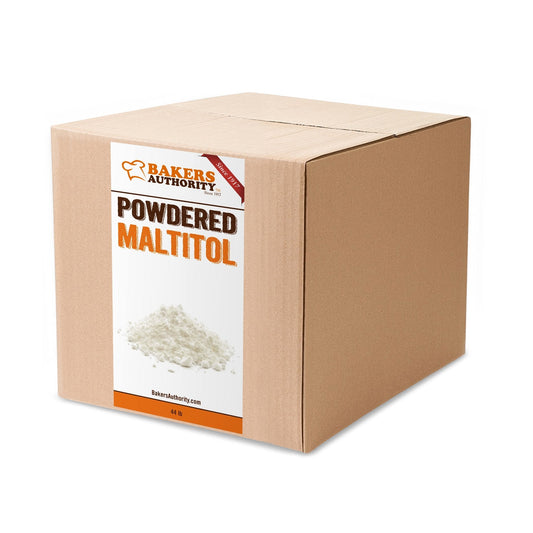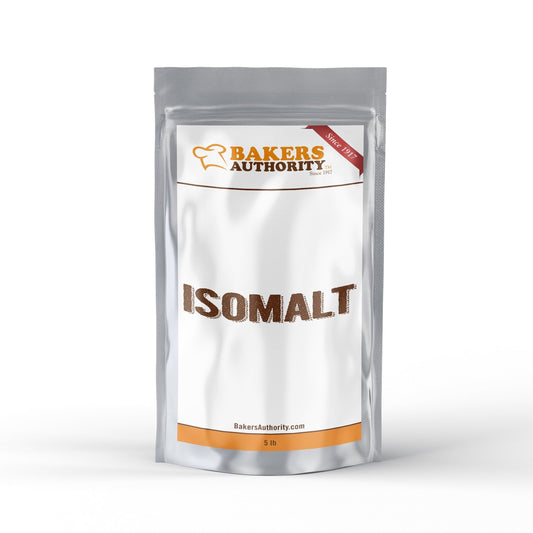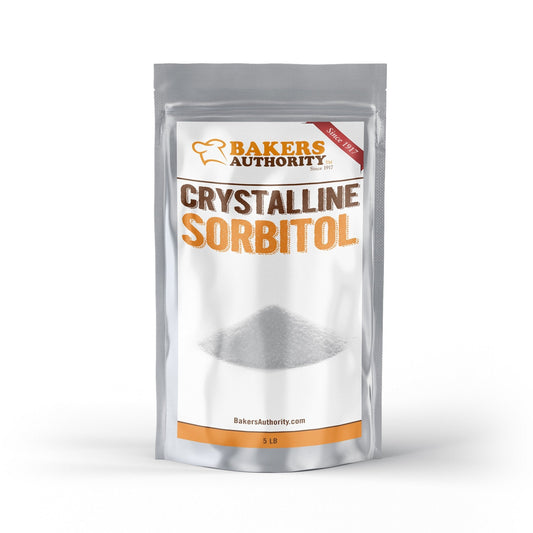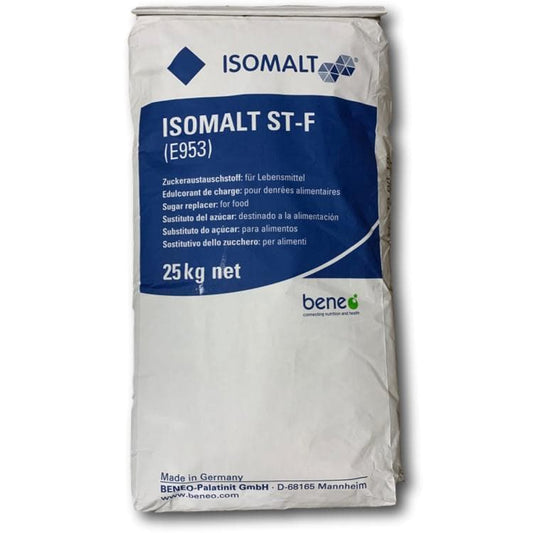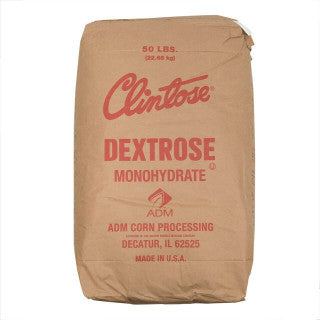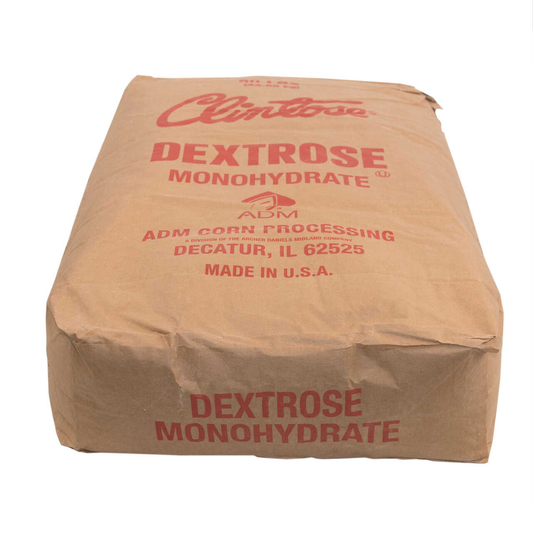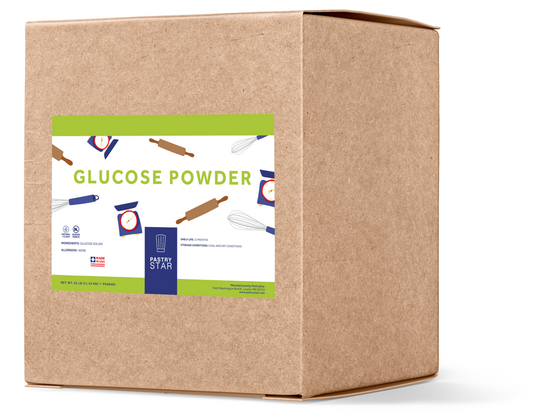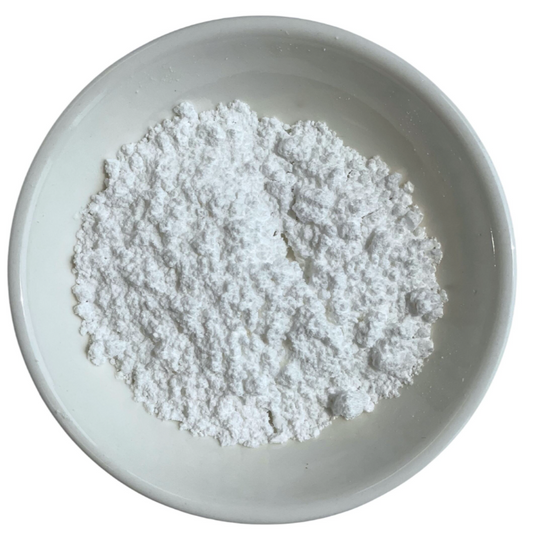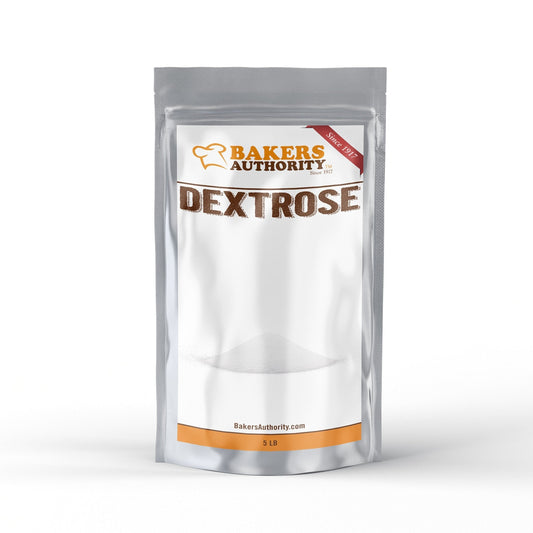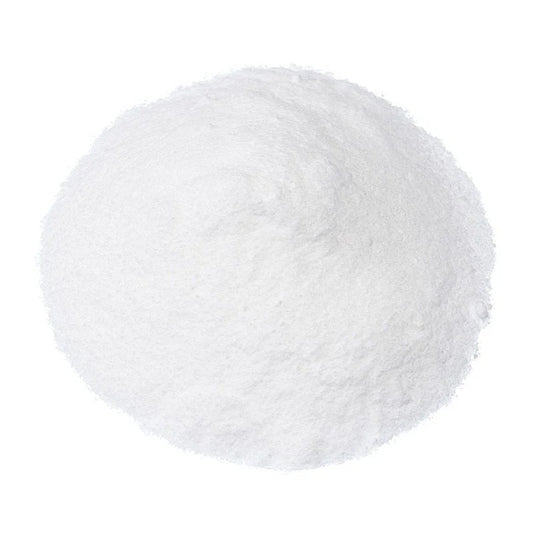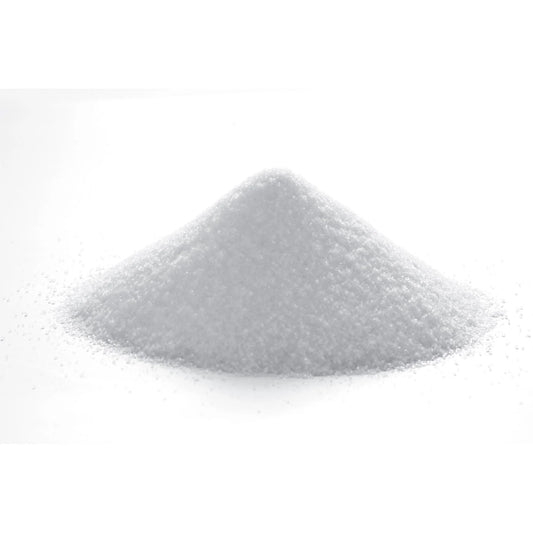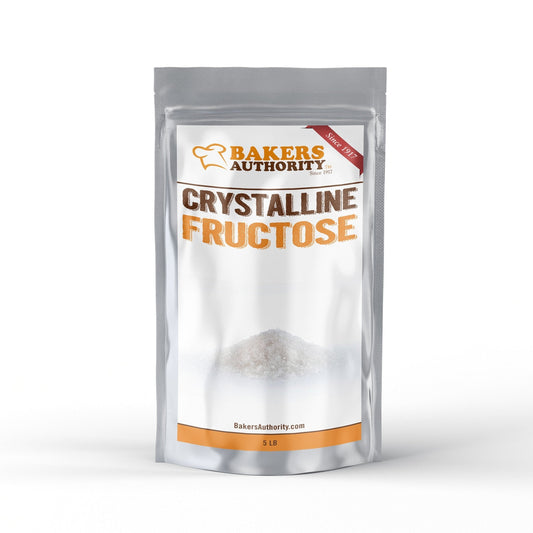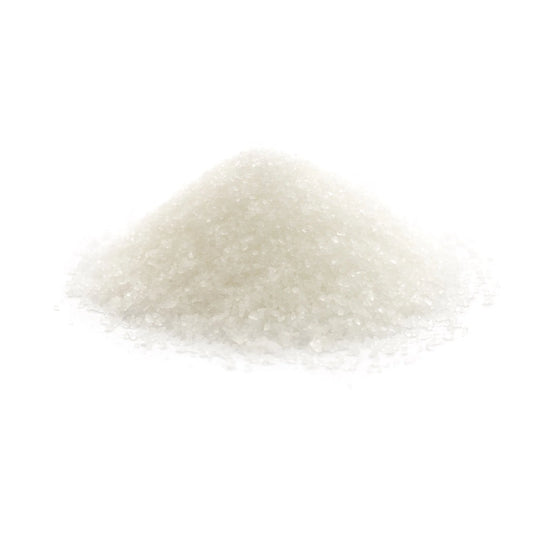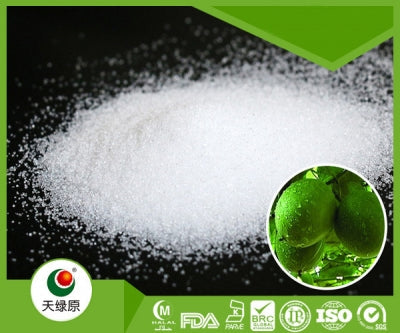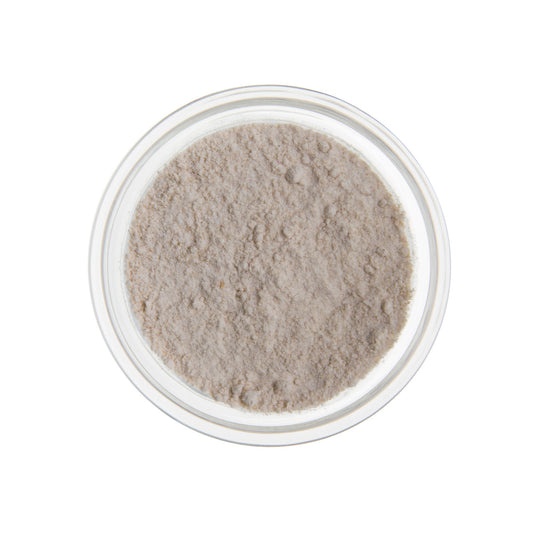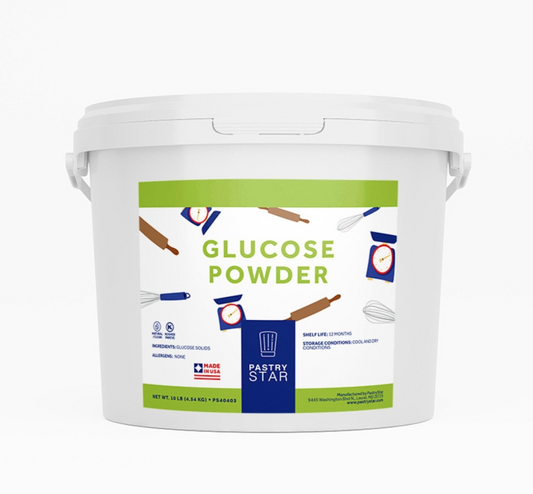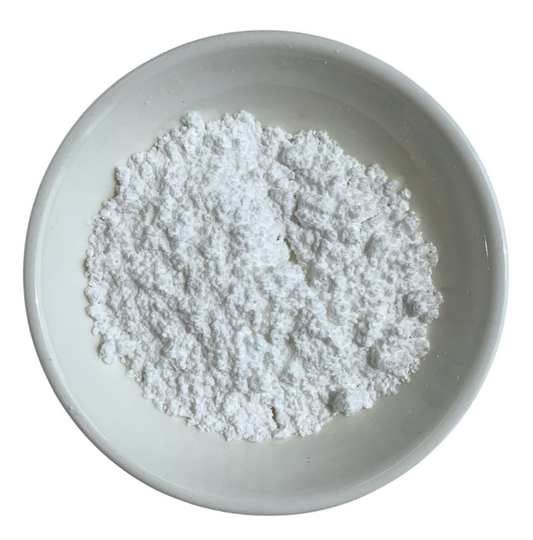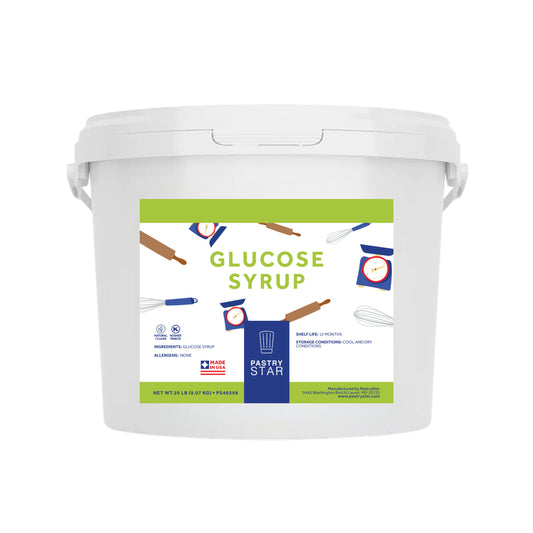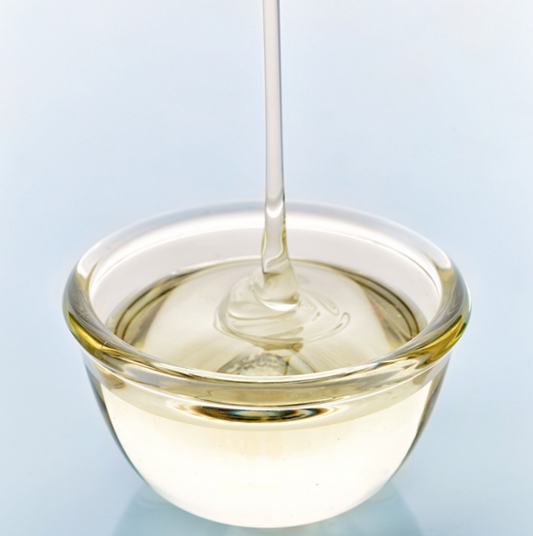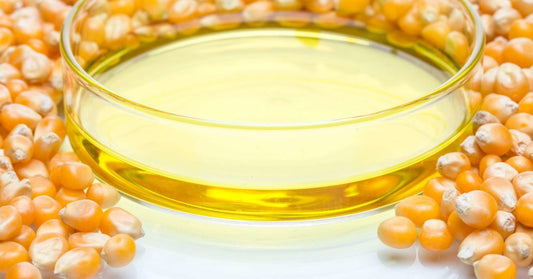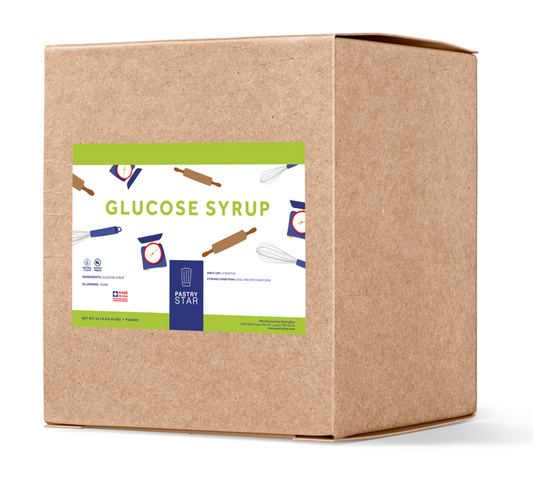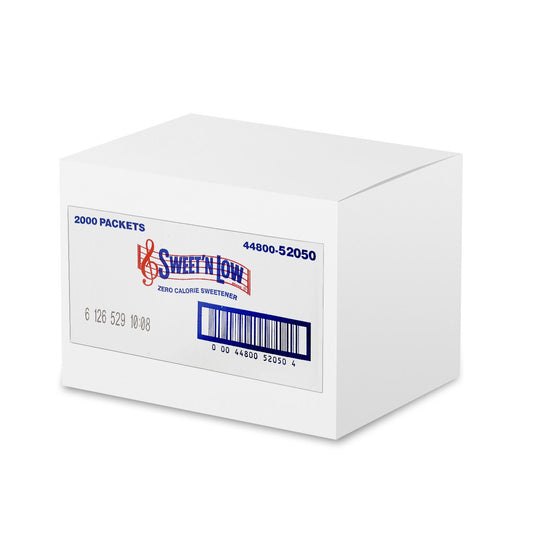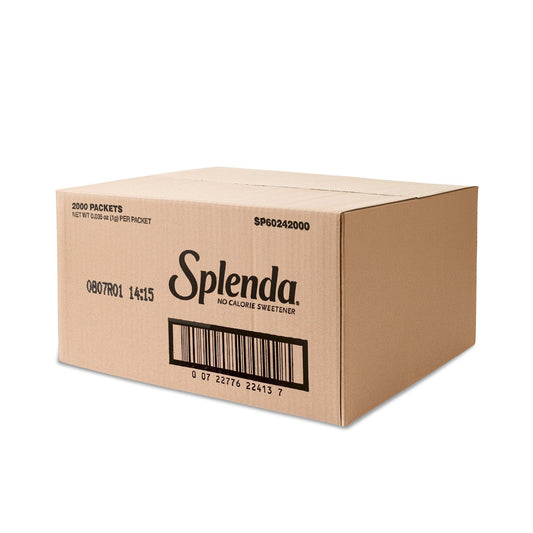-
Vendor:Bakers Authority
Crystalline Sorbitol 50 lbs
Regular price $147.19Regular priceUnit price per -
Vendor:Bakers Authority
Isomalt ST-M Crystals
Regular price $218.10Regular priceUnit price per -
Vendor:No Brand
Crystalline Fructose Powder
Regular price $109.49Regular priceUnit price per -
Vendor:Eastern Malt
Diastatic Dry Malt Powder
Regular price $100.25 / 50LBRegular priceUnit price per/ 50LBSale price $100.25 / 50LB -
Vendor:Ingredion
Ingredion Dextrose (Cerelose)
Regular price $102.00 / 50 lbRegular priceUnit price per/ 50 lbSale price $102.00 / 50 lb -
Vendor:Bakers Authority
Dextrose 55 LB
Regular price $84.50Regular priceUnit price per -
Vendor:Bakers Authority
Powdered (granulated) Maltitol
Regular price $35.84 / 55Regular priceUnit price per/ 55Sale price $35.84 / 55 -
Vendor:Bakers Authority
5LB Isomalt ST-M Crystals
Regular price $22.27Regular priceUnit price per$185.00Sale price $22.27Sale -
Vendor:Bakers Authority
5LB Crystalline Sorbitol
Regular price $16.41Regular priceUnit price per -
Vendor:Bakers Authority
Isomalt ST-F Crystals
Regular price $246.45 / 55 lbRegular priceUnit price per$185.00 / 55 lbSale price $246.45 / 55 lb -
Vendor:Bakers Authority
ADM CLINTOSE DEXTROSE 50 LB
Regular price $79.00Regular priceUnit price per -
Vendor:PastryStar
PastryStar Glucose Powder 25 LBS
Regular price $70.00Regular priceUnit price per -
Vendor:Bakers Authority
5LB Dextrose
Regular price $10.34Regular priceUnit price per -
Vendor:Bakers Authority
Xylitol - 55lbs in stock
Regular price $219.24Regular priceUnit price per -
Vendor:Bakers Authority
5LB Crystalline Fructose
Regular price $13.98Regular priceUnit price per -
Vendor:Bakers Authority
Monk Fruit with Erythritol 1:1 sugar 55 LB
Regular price $268.59Regular priceUnit price per -
Vendor:Eastern Malt
Diastatic Dry Malt Powder 5 LB
Regular price $13.99Regular priceUnit price per -
Vendor:PastryStar
Glucose Powder 10 LBS
Regular price $94.00Regular priceUnit price per -
Vendor:PastryStar
PastryStar Glucose Syrup 20LB
Regular price $69.99Regular priceUnit price per -
Vendor:Bakers Authority
5LB Glucose Powder (COARSE)
Regular price $11.91Regular priceUnit price per -
Vendor:PastryStar
PastryStar Glucose Syrup 55LB
Regular price $124.00Regular priceUnit price per -
Vendor:Sweet'n Low
Pc Packets Sweet & Low
Regular price $40.46Regular priceUnit price per -
Vendor:Splenda
Splenda - Zero Calorie Sweetner & Sugar Substitute
Regular price $46.25Regular priceUnit price per -
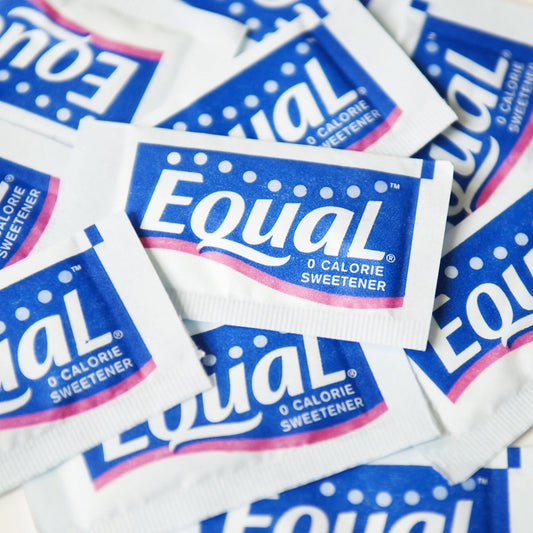 Sold outSold out
Sold outSold out
Showing 1-24 of 29
Frequently Asked Questions
-
What are sugar substitutes?
- Sugar substitutes are products used to sweeten foods and drinks in place of sugar. They may be derived from natural sources or be synthetically produced. These alternatives can offer reduced calories, lower glycemic index, or specific flavor profiles.
-
Why would a commercial baker want to use sugar substitutes?
- Commercial bakers may opt for sugar substitutes to cater to customers with dietary restrictions, such as diabetes or calorie-controlled diets. Additionally, some substitutes can enhance shelf life, provide unique flavors, or result in varied texture profiles which can differentiate their baked goods.
-
Are sugar substitutes as sweet as regular sugar?
- The sweetness level varies among sugar substitutes. Some, like stevia, are many times sweeter than sugar, so a smaller quantity is needed. Others, like erythritol, might have a sweetness closer to sugar. It's essential to consult the specific substitute's conversion chart to achieve the desired sweetness in baked goods.
-
Can I use sugar substitutes in all types of baked goods?
- While many sugar substitutes are versatile, they may not always perform the same as sugar in every recipe. Factors like moisture retention, caramelization, and texture can be affected. It's advisable to test and adjust recipes when substituting sugar to achieve the best results.
-
Will using sugar substitutes affect the texture and appearance of my baked goods?
- Yes, sugar substitutes can alter the texture, volume, browning, and moisture content of baked goods. Some substitutes might produce a softer crumb, while others might affect the browning process. It's crucial to be aware of these differences and make necessary recipe adjustments.
-
Do sugar substitutes have a longer shelf life than regular sugar?
- Some sugar substitutes, such as certain sugar alcohols, can act as humectants, retaining moisture and potentially extending the shelf life of certain baked goods. However, the overall shelf life will depend on other ingredients and storage conditions.
-
Are there any health concerns or restrictions with using sugar substitutes in commercial baking?
- Most sugar substitutes available in the market are deemed safe for consumption by various health organizations. However, it's crucial to be transparent about their use in baked goods, especially for those who might have allergies or intolerances. Some sugar substitutes can cause digestive discomfort if consumed in large quantities.
-
How can I determine the right sugar substitute for my baking needs?
- The choice depends on the desired taste, texture, nutritional profile, and specific baking application. It's recommended to research and test various substitutes to see which one aligns best with your baking objectives. Additionally, the Baker's Authority website provides resources and product details to assist in making informed decisions.

